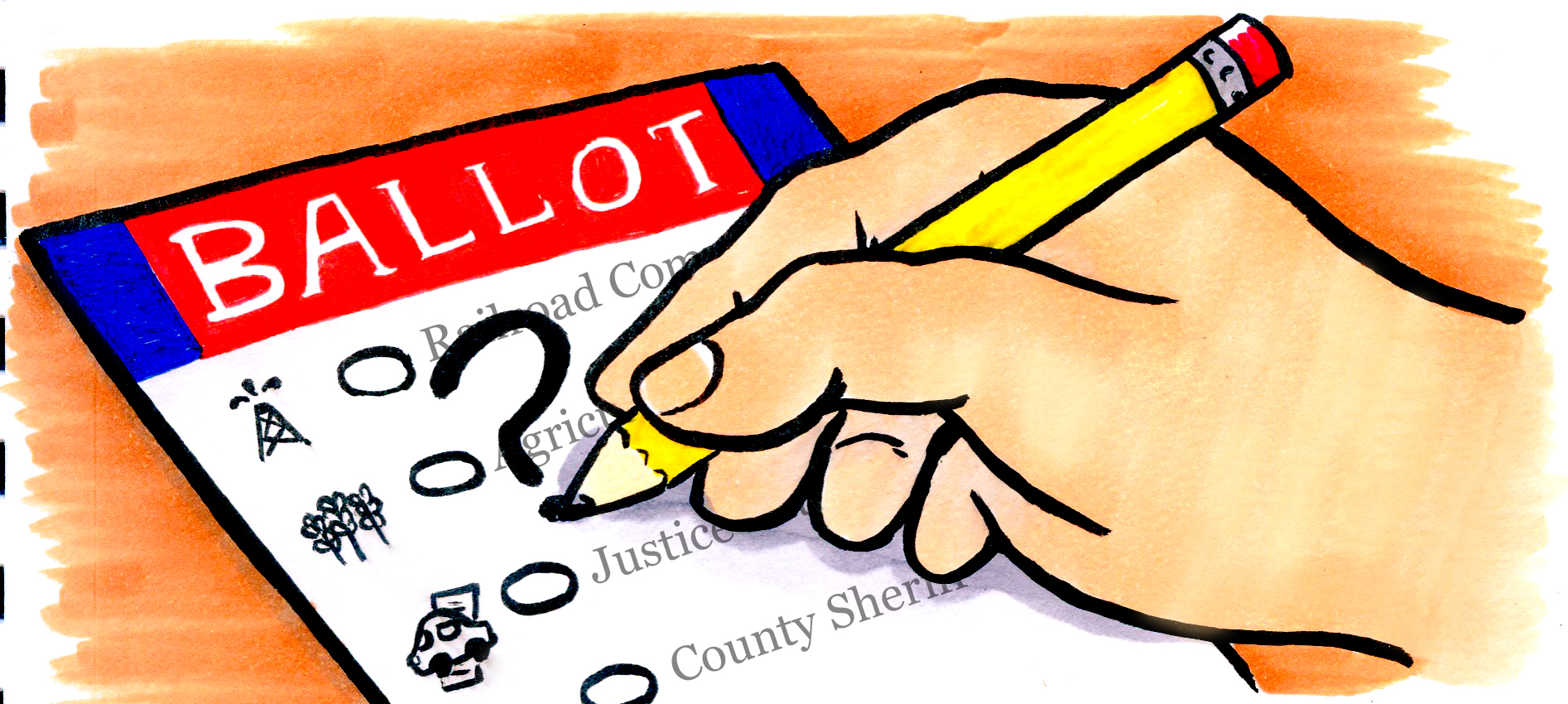We are a country of dreamers. Sweet land of liberty, rolling hills and vast prairies — American identity rests against an idyllic backdrop that doubles as a playground for our dreams. We are wide-eyed and giddy because the swings promise to push us toward opportunity. We mount the tallest, steepest slide for the thrill of meeting untempered success and possibility.
When we vote, we are able to actualize the dreams that are merely promised. For many students, voting is not an obligation, but a right they should exercise when they feel excited about the election.
“I don’t think (voting) needs to be a priority,” undeclared freshman Collin Lawrence said. “It depends on how passionate you are about it.”
I am not trying to convince you to be excited to vote. I am not the one running for office, and I don’t get paid enough to do so. But passion and excitement should not be the only things that carry you to the ballot box. You should vote because you can.
We are in the midst of an energetic presidential race, and politics tend to challenge the ways we make sense of the world. Political candidates notoriously corral support by blurring the lines between what is possible and what we want to make possible. Sometimes, we are inspired by the lyricism of this carefully orchestrated performance and enthusiastically cast our votes accordingly. This choice is easy to make when our contribution feels personal and necessary.
We are a country of dreamers, but we take our playground for granted when we forget that dreams aren’t sustainable on their own. This country’s track record demonstrates a history of powerful resistance against forces that encroach on some citizens’ right to dream.
Less than 50 years ago, the voting age was lowered from 21 to 18. Only 55 years ago, the Voting Rights Act of 1965 truly guaranteed for the first time the right of all citizens to vote regardless of their race. This year marks the 100th anniversary of the passage of the 19th Amendment, which granted women the right to vote.
“Understand the history, the reality of how hard people fought in order to get the right to vote … and how important it is,” said Kassie Phebillo, communication studies Ph.D. student and TX Votes program coordinator. “Think about the people who are still represented by the government but don’t have the right to vote.”
The tradition of dreaming, embedded in our Constitution, reinforced by Martin Luther King Jr. as he faced his country and once again offered her a hopeful plea, persists as long as we exercise our civic rights.
When we lack inspiring candidates, the voting process can feel tedious. Local elections are often oversaturated with unfamiliar candidates. National elections can seem like distant fanfare. But this doesn’t mean that you should resort to complicity. Not making a choice is making a willful decision to give up your most powerful right as a citizen.
“I think you need to take an internal look and think about what you want from someone who represents you,” Phebillo said. “The whole point is that you want people to listen to you. That’s why you’re voting.”
Maybe you have to pump your legs a little harder on the swing or maybe the slide won’t be exhilarating after all. But think about the things that matter to you. Use social media to pay attention to local and national news and visit websites such as vote411.org that make researching candidates and knowing how and when to vote simple. Although the “exciting” presidential and house races are over, you can still vote in the runoffs for Texas’ United States Senate seat and Travis County District Attorney, among others.
When you see voting as a long-fought-for right, as something we get to do, casting your ballot becomes simple.
Sailale is an undeclared PACE student from Dallas.





















